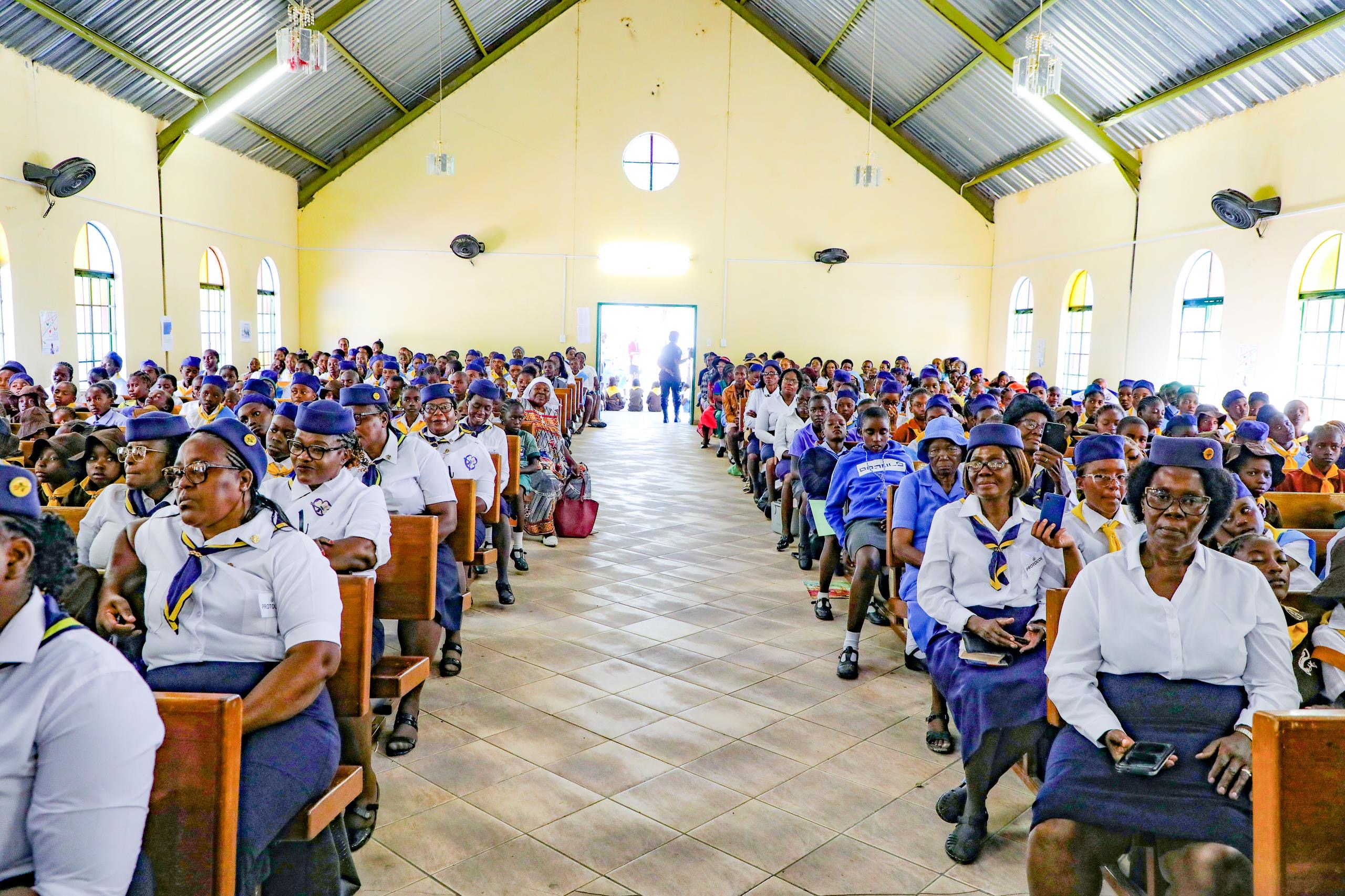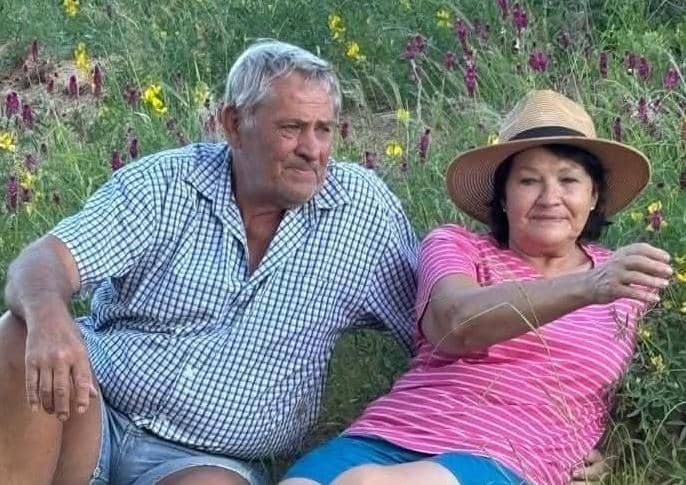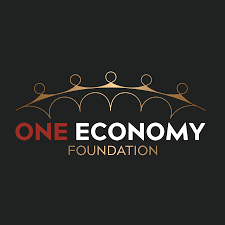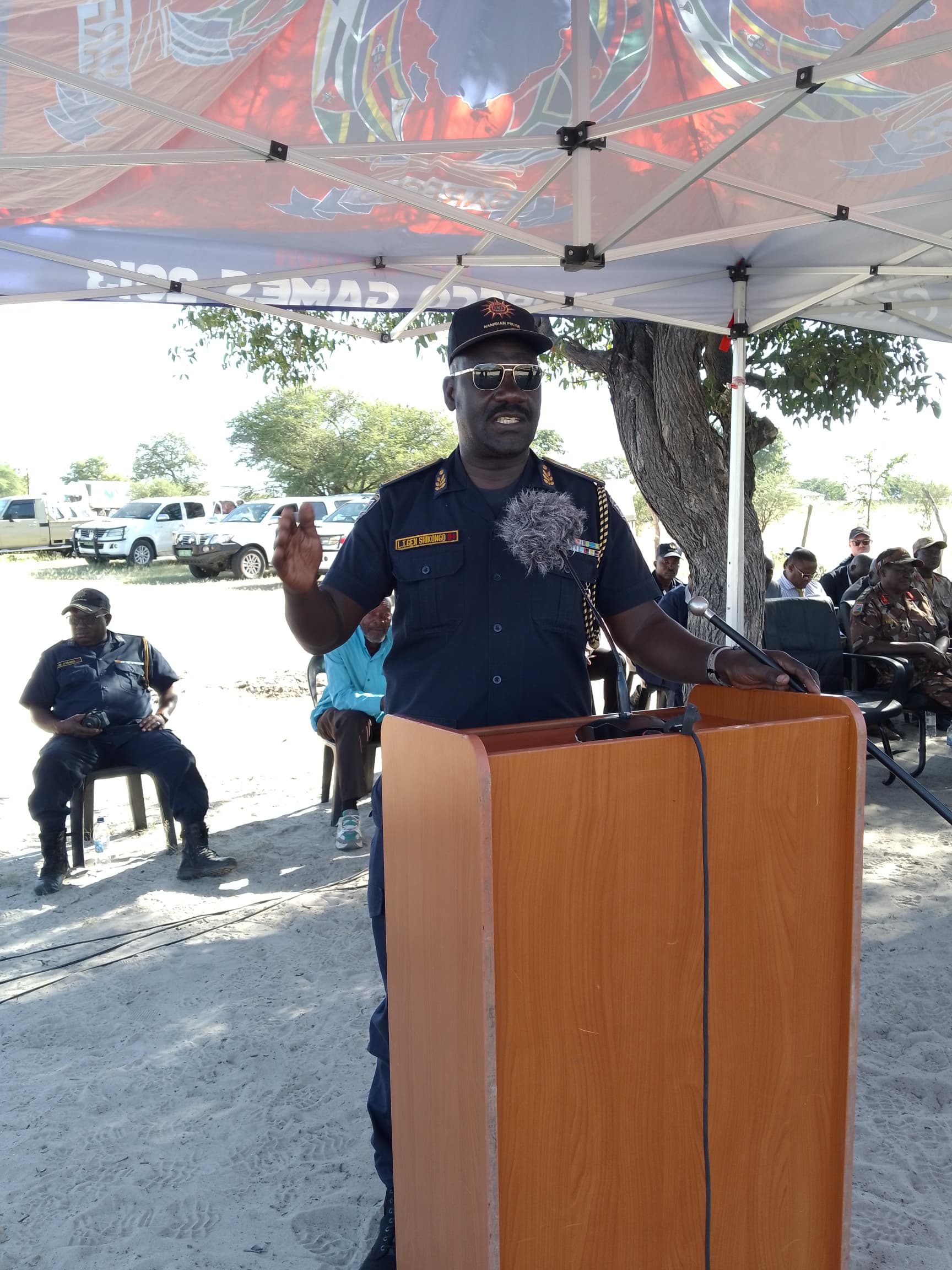DURING the week of November 16 to 22, millions of people in 85 countries are participating in over 25 000 events in support Global Entrepreneurship Week.
Global Entrepreneurship Week is a time especially set aside to encourage people worldwide to celebrate the power of individuals with ideas to drive sustainable economic growth. It will connect young people everywhere through local, national and international activities designed to help them explore their potential as self-starters and innovators. Students, educators, entrepreneurs, business leaders, employees, non-profit leaders, government officials and people from all walks of life, will participate in a range of activities – from online to face-to-face, and from large-scale competitions to intimate networking events. The goal is that through this initiative, the next generation of entrepreneurs will be inspired, and in so doing, that they will begin to acquire the knowledge, skills and networks needed to grow innovative, sustainable enterprises that have a positive impact on their lives, their families and their communities.As US Secretary of State Hillary Clinton stated: ‘Global Entrepreneurship Week reflects a sense of collective responsibility to encourage young minds to pursue fresh ideas and unleash the full range of human potential.’ Innovative young people need to have the freedom to take risks. As business owners or as experimenters, they need the chance to learn from mistakes and start again. NAMIBIANamibia has its own history of successful entrepreneurs, some of whom emerged even before Namibia achieved independence.Frans Aupa Indongo was an entrepreneur long before he ever became ‘the most successful businessman in Namibia’ as Gamsberg MacMillan described him in its 2005 book.Despite the apartheid regime that levelled seemingly insurmountable obstacles against black entrepreneurs, Indongo started a small brick-making business in the 1950s.Like most successful entrepreneurs, Indongo systematically parlayed his profits from one enterprise into another until he had a diversified portfolio of businesses ranging from supermarkets to fishing companies.Frans Indongo’s story is not a ‘get rich quick scheme’; his success is the consequence of years of hard work and determination that has resulted in the employment of well over 1 000 Namibians.WOMENWise political leaders and economic managers understand the value of supporting entrepreneurship.They know that even the most daring risk takers need confidence that the merit of their ideas and effort will affect the profitability of their products and services.They know that young entrepreneurs are often women and others traditionally outside the economic mainstream of their countries.They know that these entrepreneurs often have strong ties to their communities and make civic contributions such as promoting education, supporting charitable organisations, upgrading local infrastructure, advocating environmental protections or encouraging responsible stewardship of natural resources.A new wave of Namibian entrepreneurs is emerging and increasingly women are at the forefront.Twapewa Kadhikwa launched her first hair salon in 2002 and has since opened several other beauty shops and a training academy.Undeterred by the likes of major international brands, Pewa (as she and her products are known) created the first genuinely Namibian manufactured cosmetic line.Pewa’s hair and skin products use locally sourced raw materials. This provides jobs for local growers and potentially reduces each product’s carbon footprint since the ingredients do not have to travel half way round the globe.Last year, she branched out even further, while maintaining her local roots, by opening Xwama Cultural Village – one of Katutura’s newest tourist destinations. Vision 2030 rightfully acknowledges the tremendous role that entrepreneurs play, and will play, in Namibia’s development. Frans Indongo and Pewa Kadhikwa demonstrate that the spirit of entrepreneurship is alive and well in Namibia. Their ventures create jobs for Namibians today and they serve as an inspiration for future generations. To make Vision 2030 a reality, Namibia needs more Aupas and Pewas. Globally, as we apply the lessons learned from the economic downturn and restart the engines of growth, we will need to turn to the entrepreneurs in our societies and unleash the potential created by their own experiences with both success and failure.Global Entrepreneurship Week gives us the chance to assess where we are and to move ahead and make this potential into reality.* Dennise Mathieu is the US Ambassador to Namibia.- For more information about Global Entrepreneurship Week go to: HYPERLINK ‘http://www.unleashingideas.org’ http://www.unleashingideas.org
Stay informed with The Namibian – your source for credible journalism. Get in-depth reporting and opinions for
only N$85 a month. Invest in journalism, invest in democracy –
Subscribe Now!










